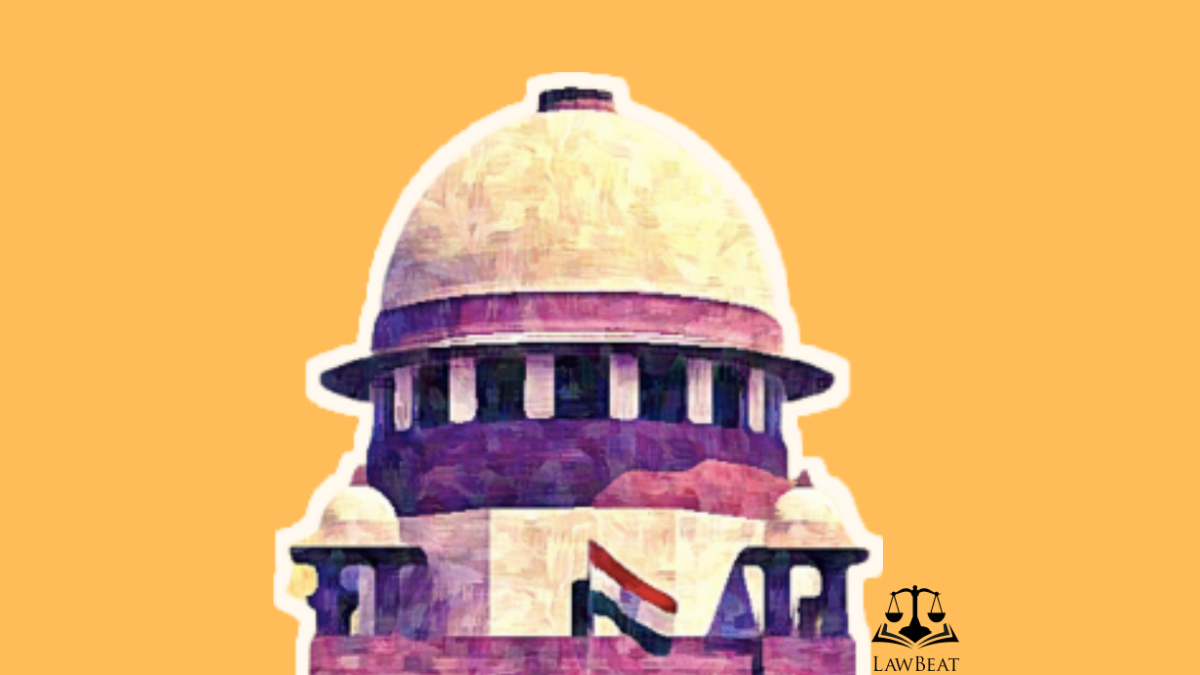"Rakhi Tying As A Condition For Bail Transforms Molester Into Brother": Supreme Court Sets Aside Rakhi For Bail HC Judgment

The Top Court in its judgment today, while setting aside the order of Madhya Pradesh High Court directing tying of rakhi to the perpetrator of sexual assault, noted,
“Judges play – at all levels – a vital role as teachers and thought leaders. It is their role to be impartial in words and action, at all times. If they falter, especially in gender related crimes, they imperil fairness and inflict great cruelty in the casual blindness to the despair of the survivors.”
A Division Bench of Justice A.M. Khanwilkar and Justice S.Ravindra Bhat, setting aside the bail condition of tying rakhi observed that,
“Using rakhi tying as a condition for bail, transforms a molester into a brother, by a judicial mandate. This is wholly unacceptable, and has the effect of diluting and eroding the offence of sexual harassment. The act perpetrated on the survivor constitutes an offence in law, and is not a minor transgression that can be remedied by way of an apology, rendering community service, tying a rakhi or presenting a gift to the survivor, or even promising to marry her, as the case may be. The law criminalizes outraging the modesty of a woman. Granting bail, subject to such conditions, renders the court susceptible to the charge of re-negotiating and mediating justice between confronting parties in a criminal offence and perpetuating gender stereotypes.”
“Judges can play a significant role in ridding the justice system of harmful stereotypes. They have an important responsibility to base their decisions on law and facts in evidence, and not engage in gender stereotyping. This requires judges to identify gender stereotyping, and identify how the application, enforcement or perpetuation of these stereotypes discriminates against women or denies them equal access to justice. Stereotyping might compromise the impartiality of a judge’s decision and affect his or her views about witness credibility or the culpability of the accused person”, the Bench further noted.
As a judge of the Canadian Supreme Court remarked:
“Myths and stereotypes are a form of bias because they impair the individual judge’s ability to assess the facts in a particular case in an open-minded fashion. In fact, judging based on myths and stereotypes is entirely incompatible with keeping an open mind, because myths and stereotypes are based on irrational predisposition and generalization, rather than fact.”
Directions issued by the Court
- Bail conditions should not mandate, require or permit contact between the accused and the victim. Such conditions should seek to protect the complainant from any further harassment by the accused.
- Where circumstances exist for the court to believe that there might be a potential threat of harassment of the victim, or upon apprehension expressed, after calling for reports from the police, the nature of protection shall be separately considered and appropriate order made, in addition to a direction to the accused not to make any contact with the victim.
- In all cases where bail is granted, the complainant should immediately be informed that the accused has been granted bail and copy of the bail order made over to him/her within two days.
- Bail conditions and orders should avoid reflecting stereotypical or patriarchal notions about women and their place in society, and must strictly be in accordance with the requirements of the Cr. PC. In other words, discussion about the dress, behaviour, or past “conduct” or “morals” of the prosecutrix, should not enter the verdict granting bail.
- The courts while adjudicating cases involving gender related crimes, should not suggest or entertain any notions (or encourage any steps) towards compromises between the prosecutrix and the accused to get married, suggest or mandate mediation between the accused and the survivor, or any form of compromise as it is beyond their powers and jurisdiction.
- Sensitivity should be displayed at all times by judges, who should ensure that there is no traumatization of the prosecutrix, during the proceedings, or anything said during the arguments.
- Judges especially should not use any words, spoken or written, that would undermine or shake the confidence of the survivor in the fairness or impartiality of the court.
Case Title: Aparna Bhat v. State of Madhya Pradesh | CRIMINAL APPEAL NO. 329 of 2021
